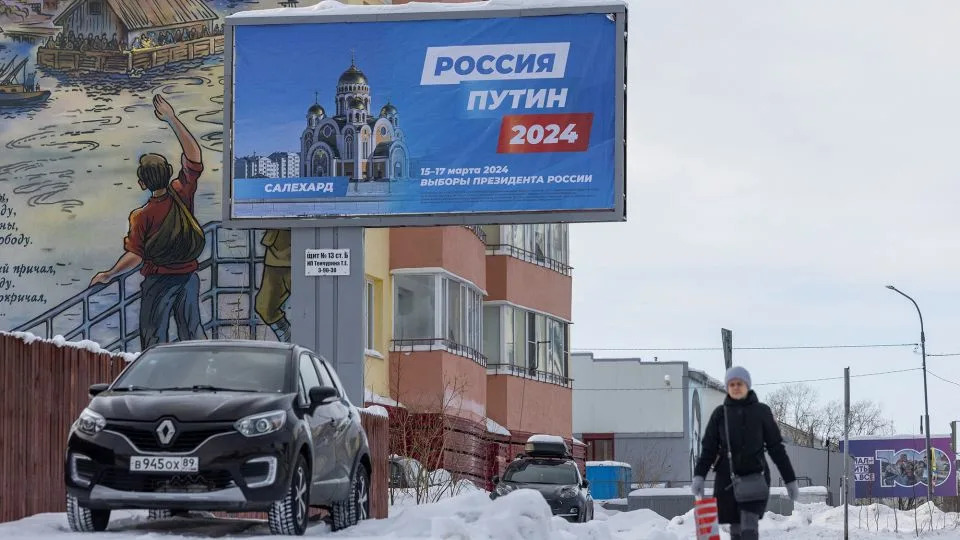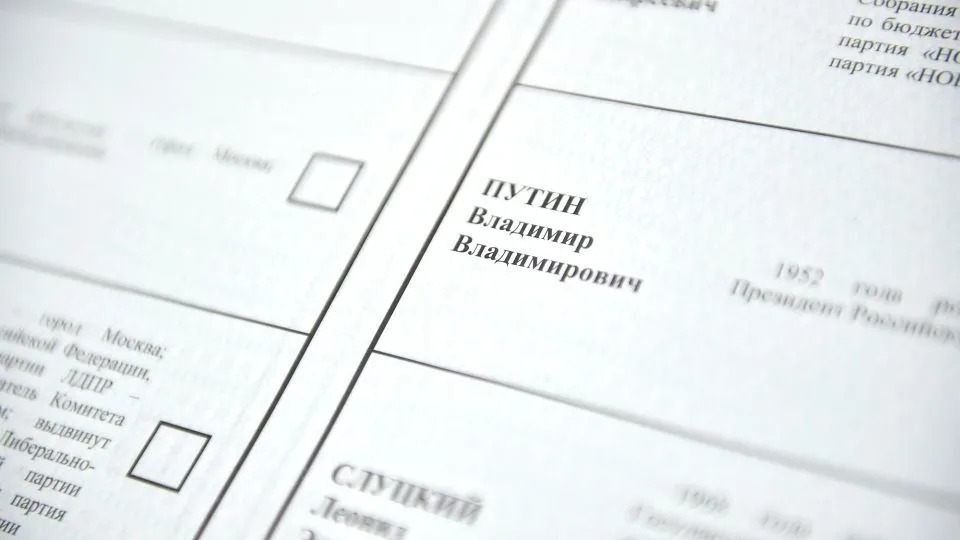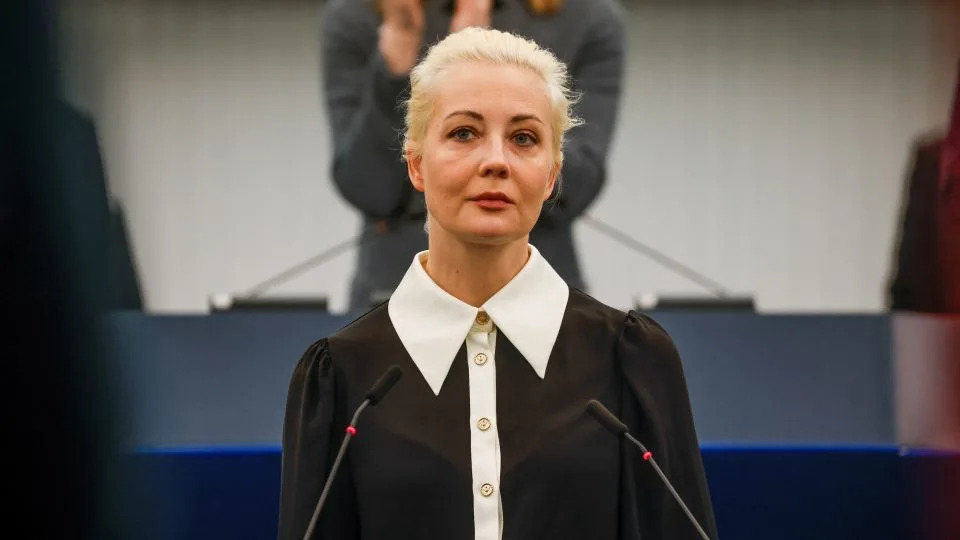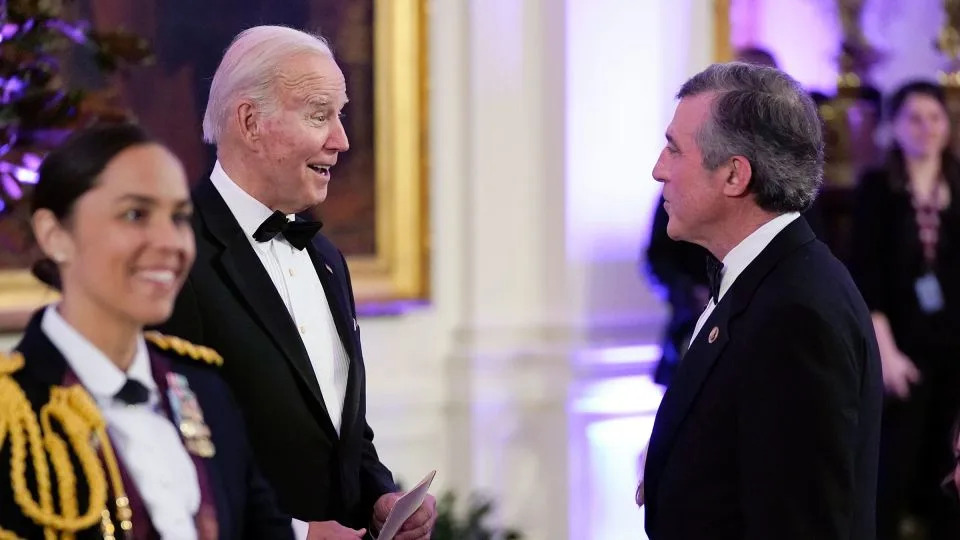Business Insider
Russia isn’t ready for the surprise NATO attack its strategists foresee
Michael Peck – March 9, 2024

- Russian strategists believe their country must be ready for NATO conventional missile strikes.
- Russian media publicized their article just as NATO war games began.
- The missile strike they think NATO is planning is a mirror of how Russia itself would fight a war.
Russian strategists argue its military needs more robust systems to defend against a NATO surprise attack that would come in the form of conventional missile strikes, a warning that comes as NATO conducts a massive exercise near Russia’s northern border.
A recent article in Voyennaya Mysl (“Military Thought”) argues that a likely scenario is a “likely enemy” — presumably the US and its NATO allies — launching a massive barrage of missiles at vital Russian facilities, a strategy that looks a lot like Russia’s. “An attack might begin with a rapid global strike alongside several massive missile and aviation strikes on the country’s administrative-political and military-industrial infrastructure,” according to an official TASS news agency summary of the article, which recommends expanding the missions and equipment of the Russian Aerospace Forces, or VKS.
How exactly NATO would attack Russia in this scenario is unclear, though the Russian analysts seem to be describing what the US military would call “multi-domain operations.” The article speaks of “joint operative formations” that consist of “compact, highly mobile combined multi-role groups of troops capable of inflicting heavy losses on the administrative-political and military-industrial infrastructure in all spheres: on the ground, on the high seas, in the air, in outer space and in cyberspace.”
The attack would be preceded by “provocations” to justify a war, as well as the deployment of forces near Russia. “The enemy will take potentially aggressive action, including provocations, for the purpose of controlling the situation, as well as intensify all types of intelligence activity. In addition, it may start deploying aircraft carrier strike groups and ships with guided missiles under the guise of exercises. Enemy aircraft, including strategic bombers and drones, will begin to perform regular flights near Russia’s national borders.”
The attack itself would begin with a massive air offensive (and by 2030, attack from space), “consisting of a rapid (instant) global strike and several (from 2-3 to 5-7) massive missile and air strikes,” the article warned.
This perceived NATO strategy of massive strikes risks compelling Russia to use its nuclear weapons, especially tactical nukes, to defend itself. But it is not without some grounding. In October 2022, the former CIA director and retired Army Gen. David Petraeus warned Russia that the use of a nuclear weapon against Ukraine would prompt a heavy NATO response that would sink the entire Black Sea Fleet and “take out” the ground forces in Ukraine “that we can see and identify.”
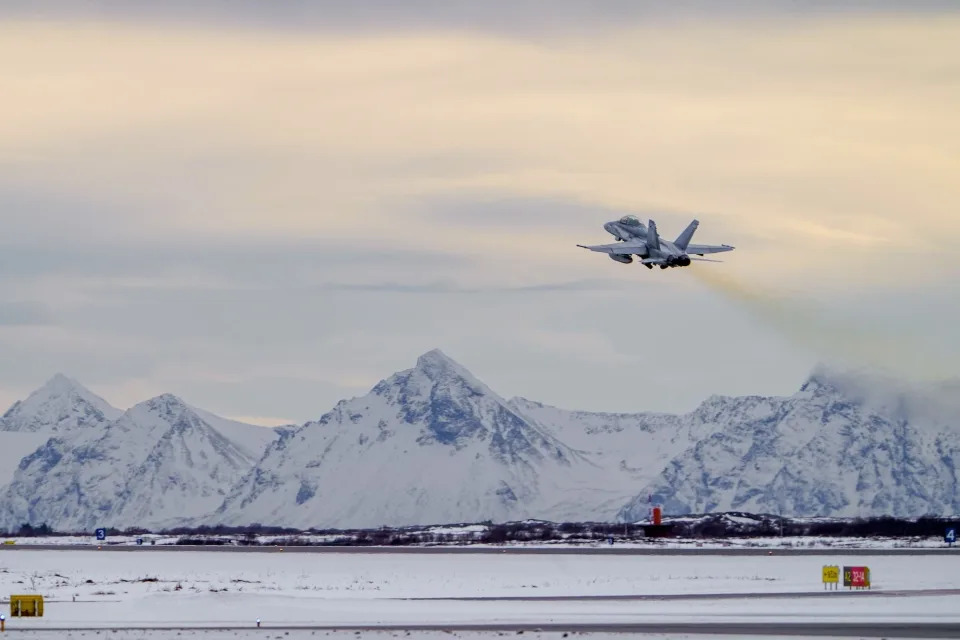
Perhaps not coincidentally, Russian media publicized the article just as NATO began Nordic Response 2024, a large, 11-day exercise involving more than 20,000 troops, 50 ships, and 100 aircraft operating across Norway, Finland, and Sweden. It will also be notable by the presence of new NATO members Finland and Sweden, whose accession to the alliance has Russia worried over the security of its vast northern frontier. In 2020, the US flew B-52 bombers in the Barents Sea, which abuts Russia’s Arctic territories.
Predictably, the Russian experts urged more defense spending. This would include expanding the equipment and missions of the Russian Aerospace Forces, including the development of more advanced UAVs and other weapons, creating an automated fire control system (presumably AI-based), and “the improvement of reconnaissance, aviation engineering, airfield and other types of comprehensive support.”
The call to boost spending on airpower comes as Russia’s defense spending explodes, with the Kremlin diverting one-third of the national budget to finance the military and the war in Ukraine. That’s triple the amount in 2021, before the war began, by some estimates. While the Russian Air Force has had some success in supporting ground troops — albeit at a heavy cost — during recent Russian offensives, its overall performance in the war has been surprisingly ineffective.
Ironically, the missile strike that Russian military experts accuse the West of planning is a mirror image of how Russia itself would fight a war. “Russian military thought has broadly cohered around the idea of ‘active defense’ in the event of a NATO-Russia war,” Julian Waller, a Russia expert at the Center for Naval Analyses think tank in Arlington, Virginia, told Business Insider. “Such that due to expectations of overwhelming kinetic strikes in the initial phases by the West, Russia needs to be able to withstand these while also striking back at critical military and civilian infrastructure. This involves heavy usage of missiles, long-range fires, and VKS assets.”
Michael Peck is a defense writer whose work has appeared in Forbes, Defense News, Foreign Policy magazine, and other publications. He holds an MA in political science from Rutgers Univ.






